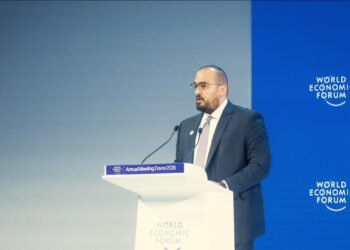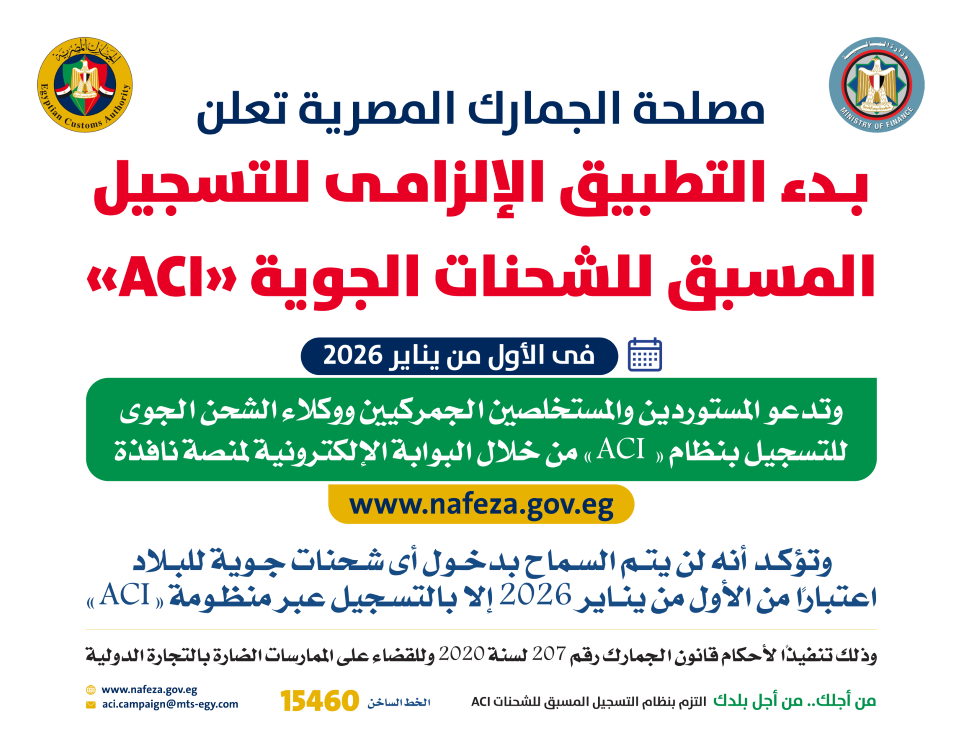Wilson Research Center published a research titled Africa’s Century and the United States
In President Biden’s February 2021 address1
to the African Union Summit, he signaled his intent to
reframe the United States’ relationship with Africa, stating, “…the United States stands ready to be
your partner, in solidarity, support, and mutual respect. We believe in the nations of Africa.” The following
July, he announced2
the White House would host African leaders in Washington, D.C. for the U.S.-Africa
Leaders Summit.
In the eight years since the first U.S.-Africa Leaders Summit in 2014, the continent has transformed
significantly. The decade since the United States turned toward enhanced economic engagement has
yielded deeper U.S.-Africa commercial ties. The second Summit, hosted in December 2022, sought
to build on this trajectory and demonstrate visibly the administration’s commitment to building a “21st
century partnership” with Africa.
Progress Made and Challenges Faced
Twenty years of sustained economic growth from 2000 to 2019 averaged 5% GDP growth3
annually in
Sub-Saharan Africa. By 2020, thirty-nine African countries reached upper-middle or high-income status.
Foreign direct investment flows hit a record $83 billion4
in 2020. Africa’s growing middle class, increasing
digital access, improvements in the business climate, deepening global economic ties, and increased
trade and investment have increased African markets’ competitiveness. The United States’ flagship trade
program, the African Growth and Opportunity Act (AGOA) facilitated a 25% growth5
of U.S. trade volume
with Sub-Saharan Africa between 2000-2019. A number of initiatives—such as Prosper Africa, Power
Africa, the Millennium Challenge Corporation, the President’s Advisory Council on Doing Business in
Africa (PAC-DBIA), USAID trade hubs, and the U.S. International Development Finance Corporation—have
all worked to advance the economic relationship and policies.
Nevertheless, the economic impacts of COVID-19 did not spare African economies, with some countries
seeing a reversal of a decade of economic growth and setting millions back into poverty. Trade with the
United States declined, with AGOA’s impact smaller than hoped. Climate change and shocks to Africa’s
food systems have created food crises in some parts of the continent with many facing hunger. While
digital access continues to increase, global challenges to democratic governance have affected African
countries with citizens facing threats to their freedoms—both in the digital realm and on the streets.
Defining Issues for Africa’s Century
With a view toward the future, the United States recognizes the importance of the continent and is
seeking to embrace, using South Africa’s President Ramaphosa’s phrase, “Africa’s century.”6
Several
factors will distinguish this future, including:
• Demographic Change: In the last two decades, Africa’s population has grown, averaging over 2%
annually, with a current median age of 19.7
By 2050, the population is estimated to grow to 2.5 billion
and one in four people on the planet will be African. The region and its workforce will be the world’s
youngest.
• Economic Integration: The African Continental Free Trade Area (AfCFTA) will be the world’s largest
free trade area, with a combined GDP of $3.4 trillion and the potential to remake African trade and
commercial relations.
• Economic Recovery: As African economies seek to rebuild economic gains rolled back by the
COVID-19 pandemic (estimated at $154 billion in recovery costs8
), they will need increasing
investments and innovative approaches to development financing to fill the additional $200 billion
financing gap9
needed to meet the Sustainable Development Goals by 2030.
• Climate Change and Food Security: Climate change, global responses, and “loss and damage”10
actions will have a significant impact on the continent, especially food insecurity, which has risen
sharply in recent years.
• Digital Transformation: Africa’s growing digital ecosystem and the inflows of technology sector
financing signify its importance in growing economies and creating commercial opportunities. Africa’s
digital economy is projected11
to grow from contributing $180 billion in 2025 to up to $712 billion by
2050.
• Democracy and Governance: Global headwinds against democracy are likely to continue, with only
eight countries in Sub-Saharan Africa12 as free in 2022—the smallest number since 1991. Yet, the
2020 Ibrahim Index of African Governance13 report revealed over 60 percent of Africa’s population
lives in a country where overall governance has improved over the last decade and Afrobarometer14
indicates widespread support (69%) for democracy. From Nigeria to the Democratic Republic of
Congo, the continent will see 17 state or parliamentary elections in 2023.15-16
The Wilson Center’s Brown Capital Management Africa Forum event, Transforming U.S.-Africa Economic
Engagement into a 21st Century Partnership,17 discussed important issues shaping the U.S.-Africa
economic relationship and presented policy options and recommendations for the United States to
tackle the defining issues and make the most of opportunities to build mutually beneficial U.S.-Africapartnerships that move beyond rhetoric to action and truly embrace Africa’s Century








